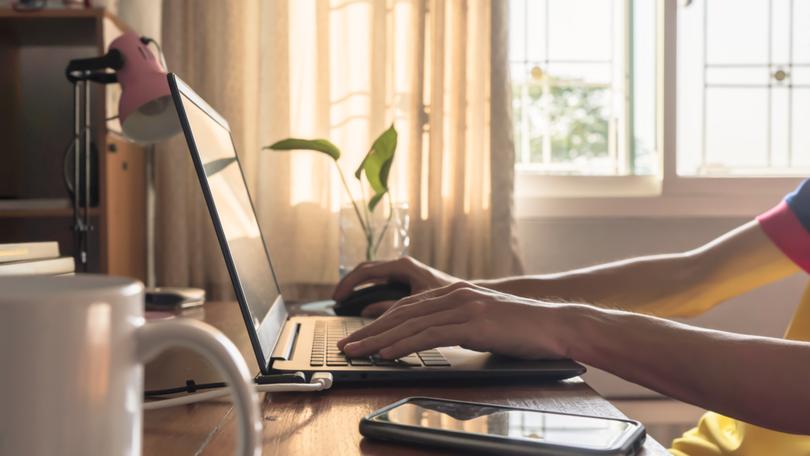Five reasons you’re always tired and what to do about it when more sleep isn’t the solution
If you constantly feel like you haven’t slept enough, more sleep might not be the answer

If you regularly wake up from seven or eight hours of sleep still feeling tired, your instinct might be to start aiming for nine or even 10 hours a night — but that move might not solve the problem.
“When we think about tired and sleepiness, they’re different issues,” says Shelby Harris, a licensed clinical psychologist who specializes in behavioural sleep medicine.
“Tired is this feeling of like, ‘I have no energy.’ Sleepiness is the irrepressible need for sleep.”
Sign up to The Nightly's newsletters.
Get the first look at the digital newspaper, curated daily stories and breaking headlines delivered to your inbox.
By continuing you agree to our Terms and Privacy Policy.So, while lack of sleep is often a top reason people feel tired, for many folks, it’s not the only explanation.
Here are five other reasons you’re always tired, according to Harris, and some simple ways to boost your energy.
Mood issues
Experiencing mood changes like depression and anxiety can cause you to feel fatigued, Dr Harris said. Symptoms of depression can include having trouble falling asleep or staying asleep and having a lack of energy.
Quality
Even if you’re getting the proper amount of sleep each night, if your sleep quality is poor, you won’t feel rested. Other factors can negatively affect your quality of sleep like sleep apnea, sleep walking or even snoring, Harris says.

Schedule
Altering your sleep-wake time by more than an hour can cause you to feel tired as well. Experts call this “social jet lag,” and it can be more difficult to manage for people who work night shifts.
Hormonal changes: For women, hormonal changes during certain times of the month can cause you to feel drained of energy, Dr Harris says. Women who are experiencing perimenopause or menopause can see similar changes to their energy levels.
Medications
“Some medications can cause you to feel more fatigued, especially certain sleep aids,” Dr Harris says. Additional medications that can cause drowsiness are antidepressants, antihistamines, allergy medications and more, according to Harvard Health Publishing.
Hygiene
If you’re noticing that you’re more tired than usual, start with basic sleep hygiene.
“A few things to boost energy would be making sure you’re getting enough sleep [and] good sleep quality,” Dr Harris says.
Dr Harris said that for good quality sleep, you should avoid going to sleep 90 minutes before or 90 minutes after your usual bedtime. Stick to your typical bedtime.
Also, try to identify how many hours of sleep you actually need to feel rested, she said: “It doesn’t have to be that magic eight. If someone’s a good sleeper at seven hours, forcing yourself to try and get eight, could actually make it worse.”
Set the tone for sleep by dimming the lights in your room, reading relaxing books before bed or turning off all screens at least 30 minutes before it’s time for bed.

Dr Harris suggests you do what you can to avoid an over-reliance on things like alcohol to help you sleep at night, or too much caffeine to stay alert during the day.
Aim for at least 20 minutes of direct sunlight daily, and consider placing your desk in front of the window to get more light exposure if you work remotely.
“If you’re someone who has done good sleep hygiene, consistent sleep-wake timing for a few weeks and it’s not making a change, then talk with your doctor for sure,” Dr Harris says.
Originally published as 5 reasons you’re always tired — it’s not lack of sleep
